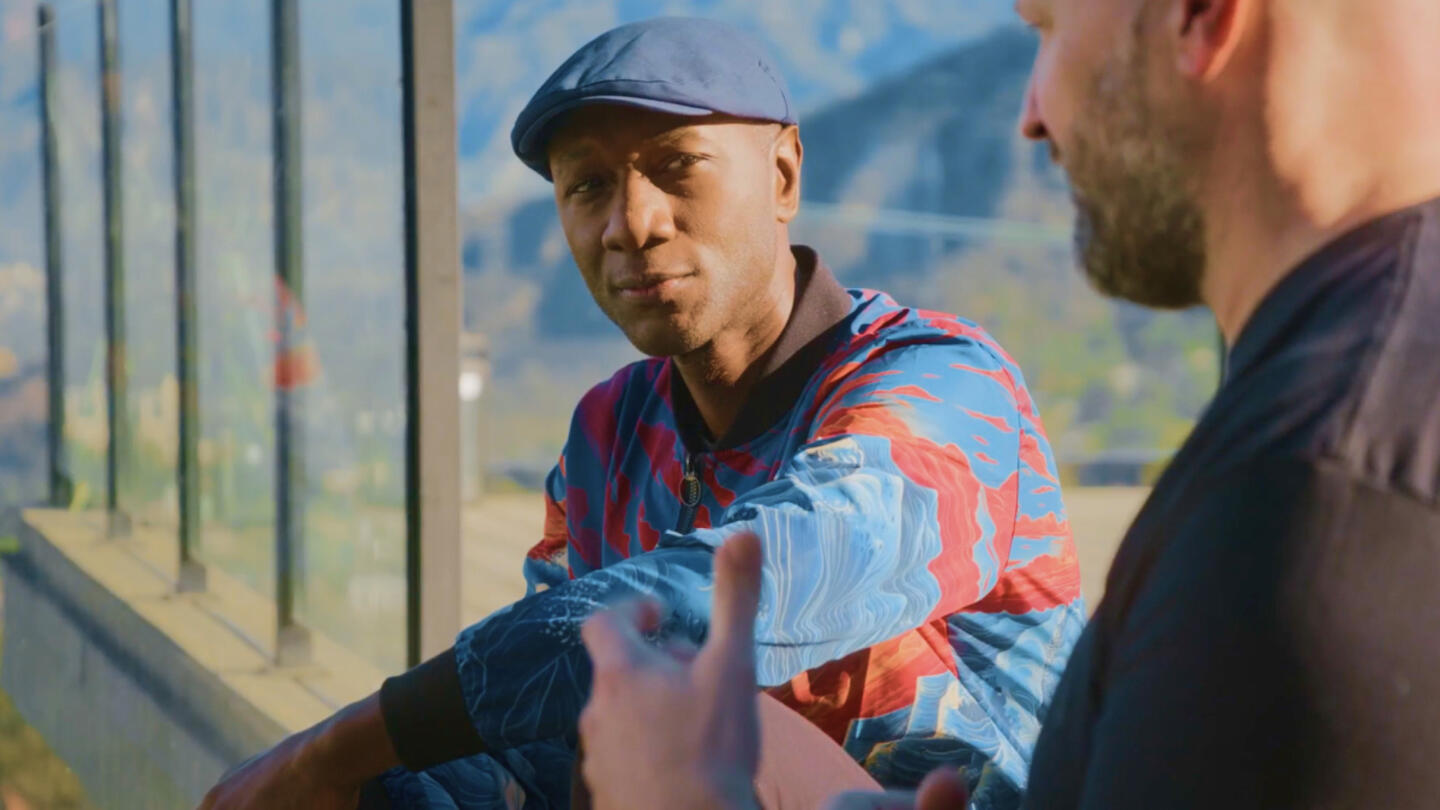Could one caring relationship be the key to helping kids in foster care live the life they want for themselves?
For Simone Biles, that question is personal. After growing up in foster care herself, the world’s most decorated gymnast is now helping other kids in her former shoes pursue their dreams.
“I know exactly what these kids go through and what they need to be successful when they’re older: having one constant person in their life from when they’re young, all the way through high school graduation,” says Biles.
She’s now helping Friends of the Children expand to her hometown of Houston. Founded in Portland, Oregon, in 1993, Friends of the Children nurtures long-term relationships with foster youth to help them discover their life’s purpose and realize their potential. Each foster youth is matched with one mentor, or Friend, for at least 12 years.
Having support helped Biles overcome her own challenges and become an elite athlete. Now, she’s helping connect other foster youth to mentors so they can thrive as well.
Providing stability where there is none
Eleven million children live below the poverty line in the U.S. Of these children, 400,000 are in foster care.
The average child stays in the foster care system for over a year and moves homes multiple times. Stability and guidance during their formative years are often missing.
This lack of meaningful connection has real-world consequences. Up to 80 percent of foster youth experience significant mental health challenges, while one-quarter will enter the criminal justice system within two years of leaving the system. Kids in foster care are also five times more likely to experience PTSD in adulthood than the general population.
Friends of the Children recognizes that lack of stability plays a significant role in their development. The nonprofit pairs each foster youth with one mentor who commits to sustaining and nurturing a relationship with them.
The results are astounding. For Friends of the Children alumni, 93% avoid the justice system, 83% graduate from high school, and 98% avoid early parenting. Research shows that stable relationships help foster youth become more resilient and increase their long-term well-being.
“It’s that constant in your life — that one person to lean on when it feels like no one’s there,” says Biles. “That’s why I was like, ‘Can we bring a chapter to Houston?’”
This is an important question in her home county, where 30% of children live in low-income households. Over 5,900 children in the Houston area were in the foster care system in 2021, with many of them struggling in school and life.
Biles wants better for her hometown. After dedicating her second Wheaties box to Friends of the Children, she helped bring the nonprofit to Houston.
Sign up for the Strong & Safe Communities newsletter for stories, ideas, and advice from changemakers working with their neighbors to address the biggest problems we face.
Friends of the Children offers generational change
Partnering with Biles shines a spotlight on the big work Friends of the Children is doing across the country. Traci Rossi is the executive director of the Portland chapter of Friends of the Children. She emphasizes the desire for “generational change.”
The long-term, paid mentorships offered by Friends of the Children are designed to serve as a north star.
“It would be easy to say, ‘let’s serve the entire family,’” says Rossi. “And we want to serve the entire family. But ultimately, we’re looking at one-on-one mentoring. That keeps us focused.”
Rossi wants her organization to produce leaders. Thanks to these relationships, mentors and foster youth all reach new heights.
“I hope that emerging leaders know that leadership is a golden ticket that they were born with,” Rossi says. “So you might as well go out and change the world along the way.”
Dreaming big and finding happiness
The North Star principle applies to mentors as well as mentees. Mentors like Shambria Young considers her north star to be helping others. Mentorship has helped her as well. For eight years, she’s been mentoring TyKeilis Smith at Friends of the Children Tampa Bay.
“I was doing a soul search trying to figure out exactly what I wanted to do,” Young says. “My mom was a foster parent. And I wanted to help people.”
Like Biles, Smith was in foster care before being adopted by a grandparent. Comparisons don’t stop there: Smith’s North Star is becoming a pediatrician so she can help young children. Biles had the same dream before dedicating her life to gymnastics.
Thanks to Friends of the Children, Smith met her gymnast hero in Houston. Biles hopes the type of relationship that Young and Smith have developed will now spread in Houston as well.
“I hope these kids dream big and dream bigger after that and never give up,” says Biles. “And they know that these mentors and their friends are rooting for them — for success, for happiness, through anything that they’re going through.”
***
Friends of the Children is supported by Stand Together Foundation, which partners with the nation’s most transformative nonprofits to break the cycle of poverty.
Learn more about Stand Together’s economic progress efforts.

At this ‘resort,’ children with intellectual disabilities are seen as gifts to be celebrated and loved.

Veterans experience loss when leaving service. Could this be key to understanding their mental health?

The Grammy-nominated artist is highlighting the stories we don’t get to hear every day.

With his latest project, Blacc isn’t just amplifying stories — he’s stepping into them
